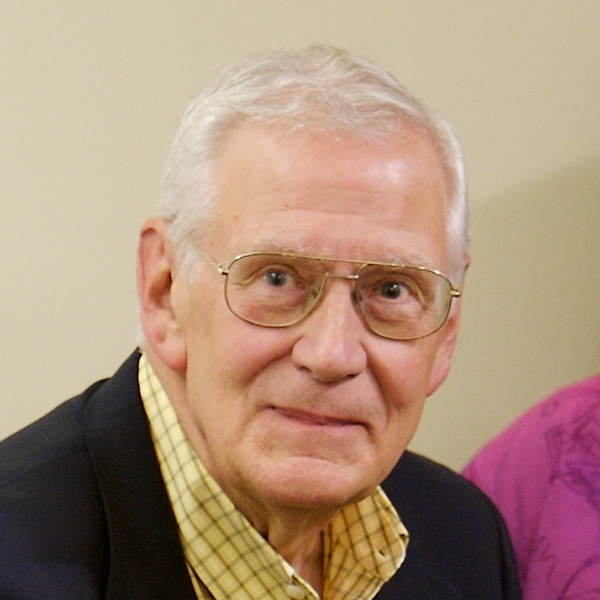

Biography
After earning bachelor and law degrees at the University of Illinois, Professor Boerner and his young family moved to Seattle, where he began his legal career at the King County Prosecuting Attorney's Office (KCPAO).
During his 18-year tenure, he rose to become the Chief Criminal Deputy. In his role, Professor Boerner helped to shape the Community Protection Act and the Sexually Violent Predators Statute and spearheaded the Sentencing Guidelines Commission.
In 1981, Professor Boerner joined the faculty of the University of Puget Sound School of Law (which later became Seattle University School of Law), beginning a second career devoted to teaching, scholarship, and service that lasted for nearly a quarter of a century. He was a renowned expert in Administrative Law, Criminal Law, and Professional Responsibility.
One of Professor Boerner's singular and lasting achievements was co-founding the law school's Access Admission Program, an innovative initiative that has provided a pathway to a law degree for students from disadvantaged and underrepresented communities over the past 30 years. Students admitted to the program demonstrate potential for success through their grit, intellectual curiosity, and the ability to overcome barriers, qualities which are not necessarily reflected by grades and test scores.
During his academic career, Professor Boerner published many notable books and law review articles on sentencing reform and legal ethics. This scholarship, combined with his work as a prosecutor, earned him state and national recognition as a leader in criminal justice reform.
Professor Boerner's extensive service to the legal profession included tenures as: chair of the Board for Court Education; chair of the Washington Supreme Court's Time for Trial Task Force; chair of the Rules of Professional Conduct Committee of the Washington State Bar Association; and member of the Washington Supreme Court's Jury Instruction Committee. During his career, Professor Boerner also lectured frequently for groups such as the Washington Criminal Justice Institute, Washington Association of Prosecuting Attorneys, and the Federal Bar Association.
Upon Professor Boerner's retirement in 2005, Seattle University conferred emeritus status in recognition of his long service, dedication, and accomplishments.
Publications
Books
- Sentencing in Washington: A Legal Analysis of the Sentencing Reform Act of 1981(Butterworth Legal Publishers 1985).
- Book Chapters
- Ethical Concerns in Settlement Negotiations Involving Fee Shifting Statutes, in Attorneys Fees: Beyond the Dollars: Troubleshooting Problems Regarding Fee Agreements and Fee Awards (Washington State Bar Association 1988).
- The Early Morning Line: A Preliminary Analysis of What Process is Due Under the Sentencing Reform Act of 1981, in Criminal Law and Procedure (CLE) (University of Washington 1983).
Articles
- Sentencing Reform in the Other Washington, 28 Crime and Just. 71 (2001) (with Roxanne Lieb).
- The Use of Offender: Characteristics in Guideline Sentencing, 9 Fed. Sentencing Rep. 136 (1996).
- Sentencing Policy in Washington, Overcrowded Times, June 1995, at 1, reprinted in Sentencing in Overcrowded Times; A Comparative Perspective (Oxford University Press 1997).
- Sentencing Guidelines and Prosecutorial Discretion, 78 Judicature 196 (1995).
- Bringing Law to Sentencing, 6 Fed. Sentencing Rep. 174 (1993).
- The Role of the Legislature in Guidelines Sentencing in the "Other Washington", 28 Wake Forest L. Rev. 381 (1993).
- Confronting Violence: In the Act and in the Word, 15 U. Puget Sound L. Rev. 525 (1992).
- Too Many Lawyers, Washington State Bar News, Apr. 1983, at 19. (with Fredric Tausend).